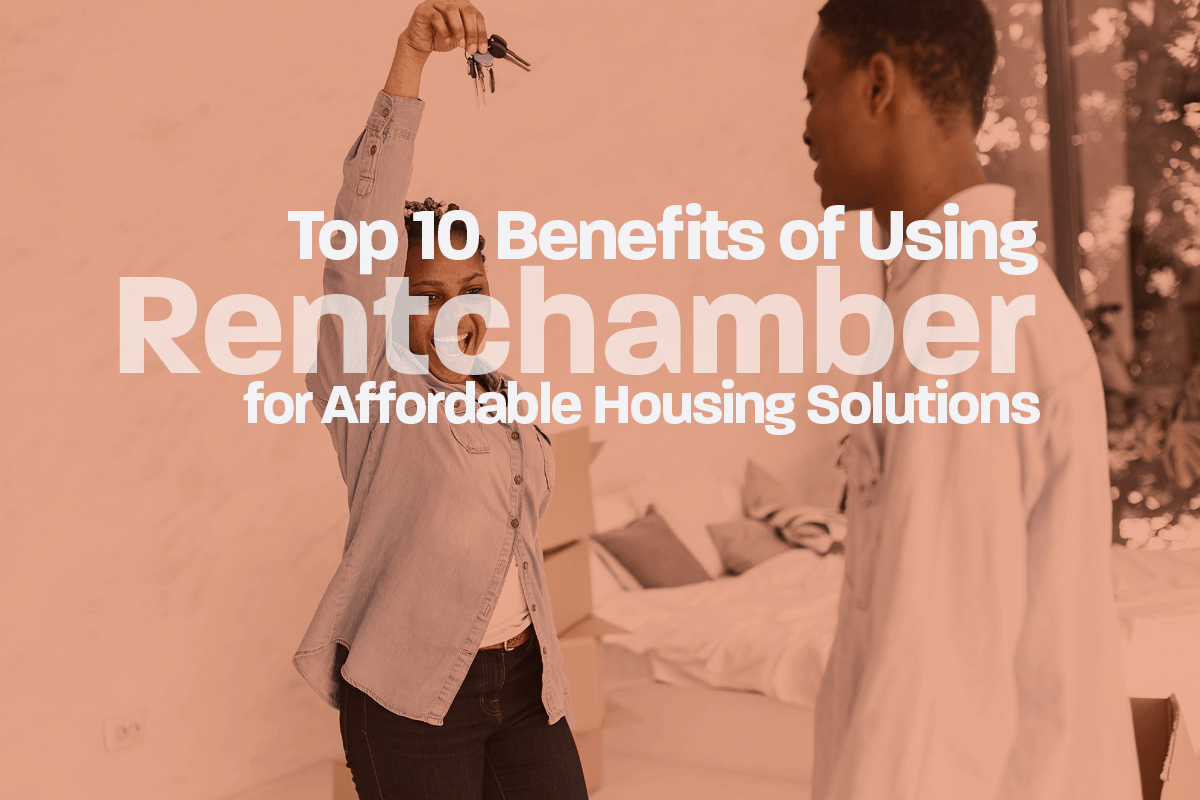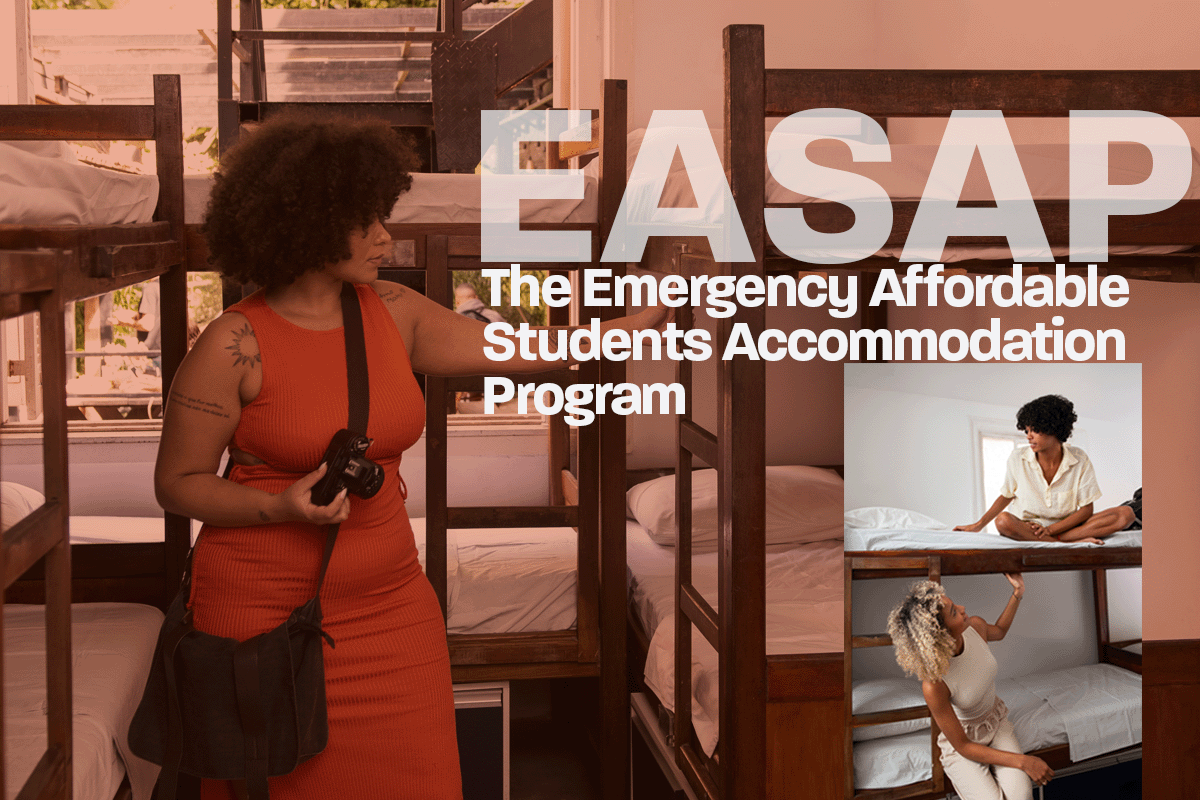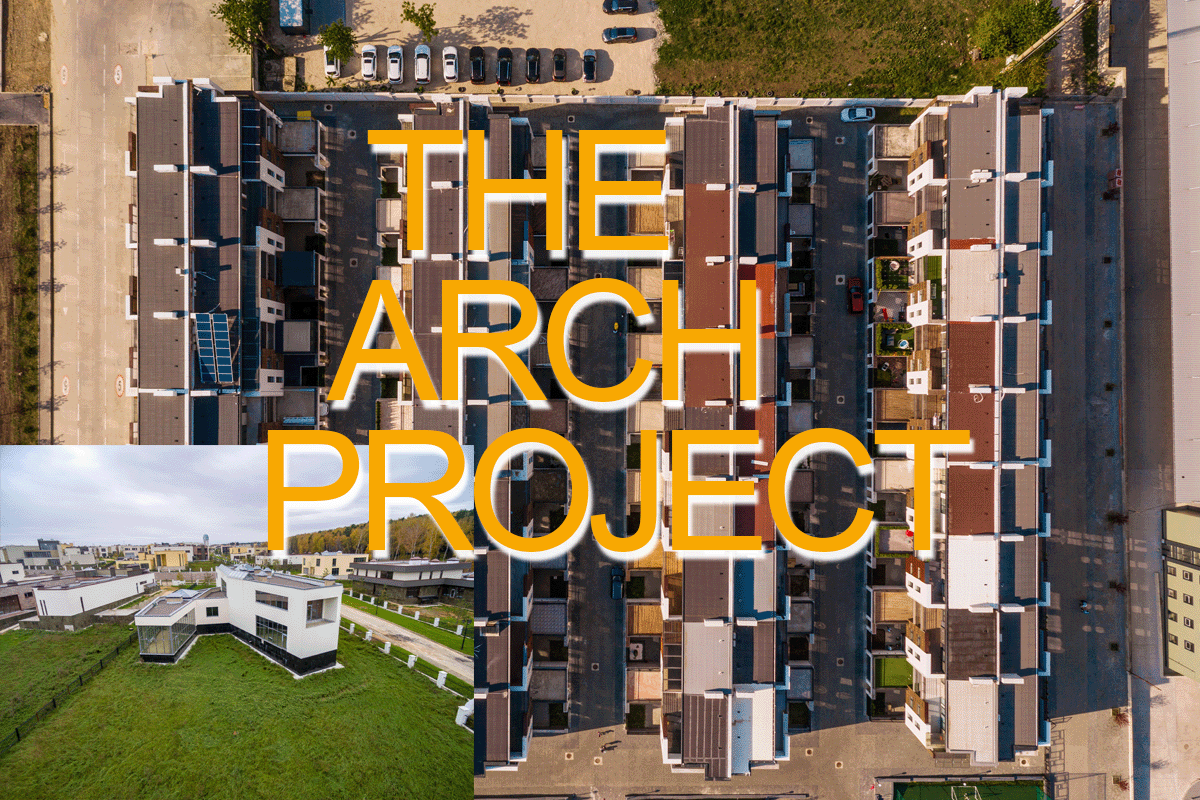Investing in real estate in Ghana can be a lucrative venture, given the country’s growing economy and stable property market. However, one of the most significant challenges for individuals interested in purchasing property is securing the necessary financing. Fortunately, Ghana offers a range of financing options, including mortgages and loans, to help make property ownership a reality. In this article, we will explore these financing options and provide insights into how you can navigate the process successfully.
Financing Options for Property in Ghana
-
Mortgages in Ghana
Mortgages are a common and accessible way to finance property purchases in Ghana. Several banks and financial institutions offer mortgage products tailored to meet the needs of different income levels and preferences. Here’s what you need to know about mortgages in Ghana:
a). Eligibility Criteria:
To qualify for a mortgage in Ghana, you generally need a stable source of income, a good credit history, and a down payment, which typically ranges from 10% to 20% of the property’s purchase price.
b). Mortgage Types:
There are various mortgage types available, such as fixed-rate mortgages, variable-rate mortgages, and hybrid mortgages. Choose the one that suits your financial situation and risk tolerance.
c). Loan Term:
Mortgage terms in Ghana typically range from 10 to 25 years. The longer the term, the lower your monthly payments but the higher the overall interest paid.
d). Interest Rates:
Interest rates on mortgages can vary, so it’s essential to compare rates from different lenders. The Bank of Ghana sets a base rate, but individual lenders may offer rates above or below this benchmark.
e). Documentation:
Be prepared to provide documentation, including proof of income, employment, and identification, when applying for a mortgage.
2. Loans for Property Purchase
In addition to mortgages, you can explore various loan options to finance your property purchase in Ghana. These loans are typically offered by banks and microfinance institutions and can be a flexible financing solution:
a). Personal Loans:
Personal loans can be used for various purposes, including property acquisition. While they may have higher interest rates compared to mortgages, they can be easier to obtain and have shorter approval times.
b. Home Improvement Loans:
If you already own property and need funds for renovations or upgrades, home improvement loans are a viable option. These loans are designed to help you enhance your property’s value.
c). Land Purchase Loans:
If you intend to purchase land and develop it later, land purchase loans are tailored for this purpose. You can secure the land first and apply for a construction loan later to build your dream home.
d. Construction Loans:
Construction loans provide financing for building your property from the ground up. These loans disburse funds in stages to cover construction costs as the project progresses.
How Accessible is Property Financing for the Average Ghanaian?
Despite the availability of these financing options, it’s important to acknowledge the persistent challenges that many average Ghanaians face when seeking assistance from financial institutions. For the average Ghanaian, securing financing for property can still be a formidable task. Financial institutions often have stringent eligibility criteria, high interest rates, and cumbersome documentation processes that can deter many potential property buyers. These barriers disproportionately affect those with limited access to financial resources, limiting their ability to participate in the real estate market.
Furthermore, the availability of affordable and accessible housing finance remains a persistent issue in Ghana. Many financial institutions prioritize profit margins over their social mandates, leaving a significant portion of the population underserved and excluded from the benefits of property ownership.
In light of these challenges, both the government and financial institutions must take proactive steps to bridge the gap. Policies that promote financial inclusion, lower interest rates, and streamline loan application processes can make property financing more accessible to the average Ghanaian. Additionally, a stronger commitment to fulfilling their social responsibility by financial institutions can help create a more equitable and thriving real estate market for all.
Final Thoughts
In summary, while financing options exist for property acquisition in Ghana, the reality on the ground often falls short of meeting the needs of the average Ghanaian. It is incumbent upon both financial institutions and policymakers to work together to ensure that property ownership becomes a viable and attainable goal for a more extensive segment of the population, thereby contributing to the economic growth and development of the nation as a whole.




